Key Points:
-
U.S. President Donald Trump announced plans for a $2,000 “tariff dividend” per eligible American, sparking a short-term rally across crypto markets.
-
Bitcoin (BTC) rose 1.93% to $104,576, Ether (ETH) jumped 4.75% above $3,500, and Solana (SOL) gained 2.49% to $165.
-
Analysts question the feasibility and funding of the plan, noting that tariff revenues to date (~$120B) fall far short of the $300B needed for payouts.
Cryptocurrency markets climbed on Friday after U.S. President Donald Trump announced his administration’s plan to pay a “tariff dividend” of at least $2,000 per person to most Americans, funded by revenues from U.S. import tariffs.
The surprise policy declaration, made on Truth Social, described the payments as part of a strategy to both reduce the national debt and stimulate consumer spending, leveraging what Trump claimed were “trillions of dollars” generated through tariffs imposed on foreign goods.
“A dividend of at least $2,000 a person (not including high-income people!) will be paid to everyone,” Trump wrote, igniting a mild rally across digital asset markets that have been struggling with volatility and macroeconomic headwinds.
Crypto Markets React to Policy Shock
Bitcoin (BTC) rose 1.93% over 24 hours to $104,576, while Ether (ETH) climbed 4.75% to $3,576, and Solana (SOL) advanced 2.49% to $165, according to CoinDesk data.
The CoinDesk 20 (CD20) index — which tracks the largest digital assets by market capitalization — rose 1.5%, partially recovering from a 15% weekly drawdown.
Despite the rebound, Bitcoin remains 5.7% lower week-to-date, while Ether is down 7.5%, reflecting persistent caution among traders even amid the policy-driven bounce.
Market participants interpreted Trump’s announcement as potentially bullish for liquidity and consumer sentiment, which could translate into higher risk appetite and inflows into crypto assets — particularly if the proposed payments were to materialize in the months ahead.
“The market’s reaction tells you investors are still highly sensitive to any perceived fiscal stimulus,” said David Lawton, chief macro strategist at Falcon Advisory Group. “Even the idea of a $2,000 payment shifts sentiment toward optimism in the near term.”
Fiscal Reality: Experts Question Feasibility
Economists, however, were quick to question the funding math behind the proposal. While Trump’s announcement framed the payments as tariff-funded, analysts argue the numbers don’t add up.
According to Erica York, vice president of Federal Tax Policy at the Tax Foundation, new tariffs have so far generated approximately $120 billion — far short of the estimated $300 billion cost to deliver $2,000 per eligible adult.
“If the cutoff is $100,000 in income, around 150 million adults would qualify,” York explained on X (formerly Twitter). “That’s about $300 billion in total. If children are included, that figure grows even larger.”
York also noted that tariffs indirectly reduce taxable income, diminishing other forms of federal revenue. “After accounting for those effects, net tariff revenue is closer to $90 billion,” she said — meaning Trump’s proposal would require additional funding or borrowing.
Andy Constan, CEO of Damped Spring Advisors, added that even if sufficient revenue existed, the President cannot unilaterally distribute funds without Congressional approval. “Federal spending decisions rest with Congress,” he wrote. “A plan like this would need legislation to authorize and appropriate the payments.”
Market Psychology and the ‘Stimulus Effect’
Despite skepticism over the plan’s viability, market observers say the announcement alone has short-term psychological power.
“In crypto markets, liquidity perception often matters more than actual policy execution,” said Sarah Goldman, portfolio strategist at Digital Horizons Capital. “When investors hear ‘direct cash to Americans,’ it triggers a reflexive expectation of higher demand for assets like Bitcoin.”
Bitcoin, often viewed as a hedge against inflation and fiscal expansion, has historically responded positively to government spending announcements and consumer stimulus measures — even before funds reach households.
Still, analysts caution that the move is unlikely to have lasting effects without legislative backing or tangible progress in Washington.
Political and Economic Context
The “tariff dividend” announcement comes amid ongoing debates over Trump’s tariff policy, which has drawn both bipartisan criticism and support. Proponents argue that the tariffs strengthen domestic manufacturing and generate revenue, while critics contend that they raise consumer prices and distort trade flows.
The proposal’s timing also coincides with renewed volatility in global markets, a strengthening U.S. dollar index (DXY) earlier in the week, and tight liquidity conditions — all factors that have weighed on crypto sentiment.
“Trump’s messaging appears targeted at both voters and markets,” said Daniel Yu, senior economist at GlobalView Analytics. “It suggests he’s aware of the market reaction to stimulus-like measures, even if the implementation is politically complex.”
Outlook: Crypto Sentiment Stabilizes, But Questions Remain
While Friday’s price action signals a short-term relief rally, analysts warn that uncertainty around the proposal’s feasibility could limit upside momentum. The crypto market’s broader trend remains fragile, shaped by macroeconomic data, interest-rate expectations, and geopolitical developments.
Still, traders say the symbolic narrative — direct payments to consumers amid fiscal expansion — is enough to keep Bitcoin and other major tokens supported above key psychological levels for now.
As one trader put it: “Every time Washington hints at putting cash in people’s pockets, Bitcoin smiles — even if it’s only for a day.”

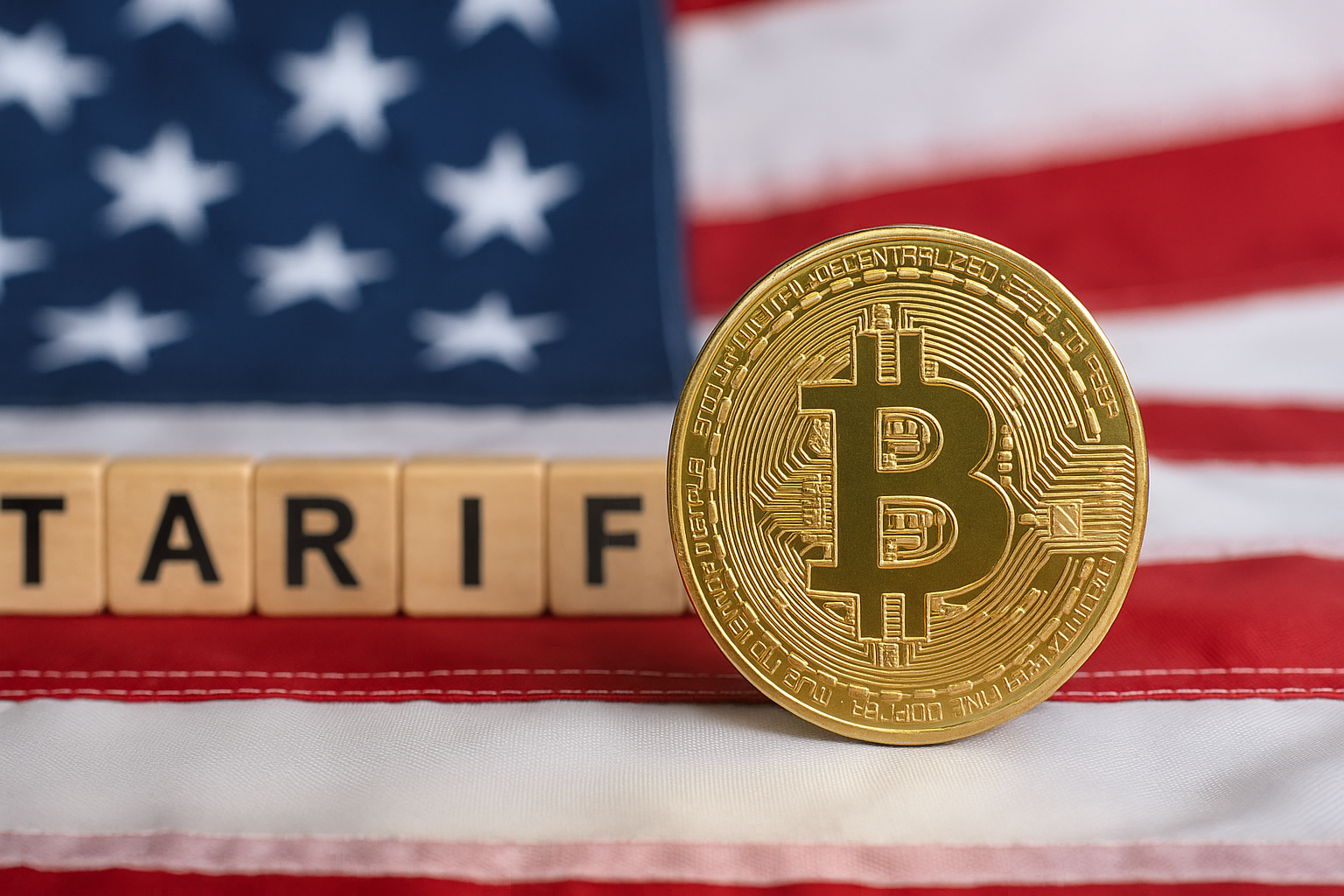

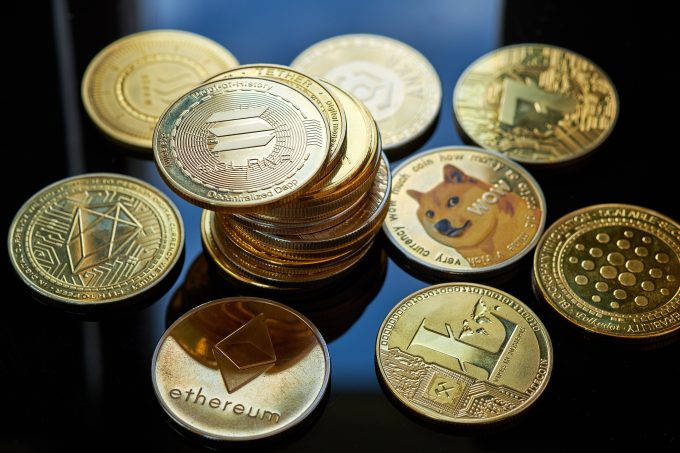
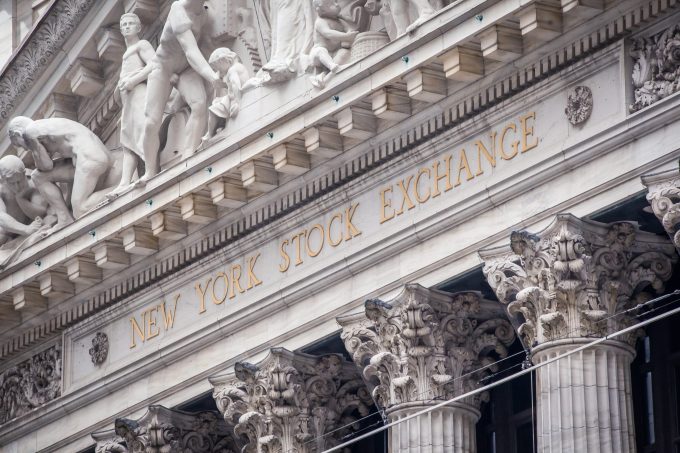

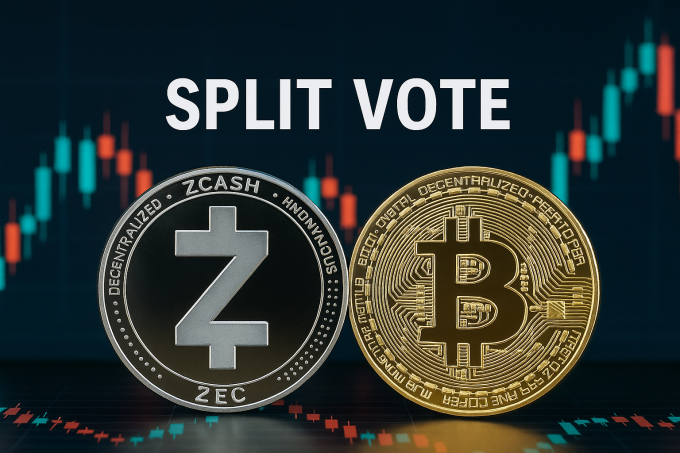
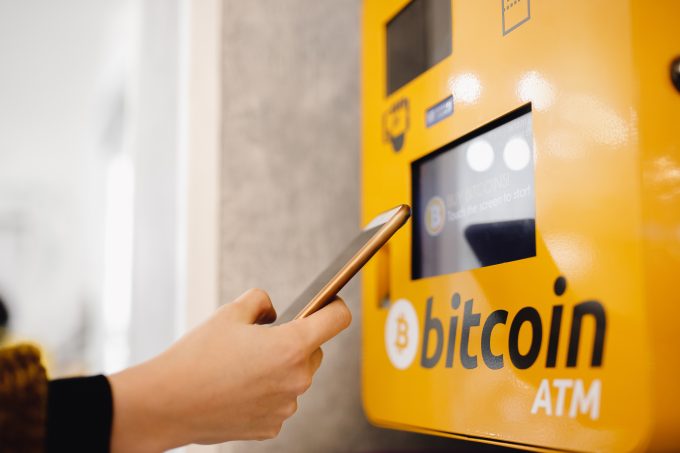


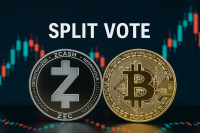
https://shorturl.fm/eBIoa